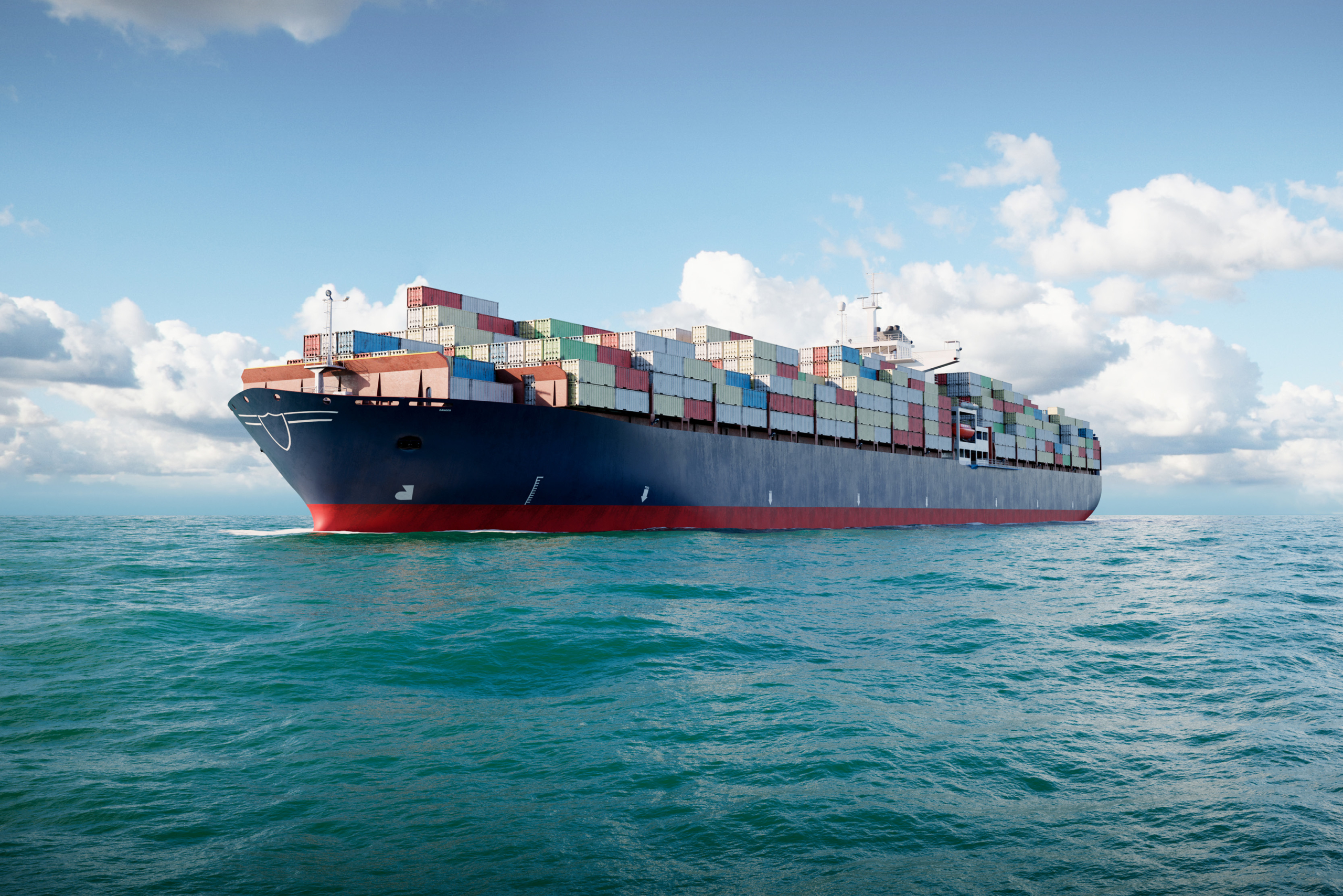Transportation Roundup: OSRA hits milestone
On May 1, the Ocean Shipping Reform Act’s Charge Complaint process surpassed $1 million in waived or refunded disputed charges to shippers and truckers. The milestone comes more than 10 months after the OSRA became law.
According to a press release issued by the Federal Maritime Commission (FMC), which administers the process, Charge Complaints provide a simplified and expedited process for shippers, consignees, truckers, and third parties to dispute charges which might have been wrongly assessed by a common carrier.
The Commission’s website has detailed information about the charge complaint procedure, including an instructional video on how to make a filing, and frequently asked questions.
The charge complaint process is one of several options available to parties seeking relief at the Commission. Disputes can also be addressed through the small claims or formal complaints processes, or by making use of dispute resolution services. Parties wanting to allege misconduct can also share information with the Commission that will be reviewed for potential investigatory action.
The total amount of fees waived or refunded through the charge complaint process does not include penalties or settlements realized through Commission enforcement activities.
More information on filing shipping complaints is available here.
In other transportation news:
- After a few years of huge profits for container shippers, Drewry Maritime Research expects the industry to report a $10 billion loss in 2024. Carrier profits have been falling since the second half of 2022 and will continue with a capacity growth of 25% and new contracts signed at lower rates this year. Carriers profited $296 billion before tax in 2022 and are expected to profit $16.5 billion in 2023. Learn more about the Drewry report here.
- Although down 18% from April 2022, U.S. ports imported more than 2 million twenty-foot equivalent units (TEUs) last month. This is up 9% from March and consistent with pre-pandemic volumes. Ports seeing the largest level of surges month over month were the Port of New York/New Jersey with a 19% increase and Savannah, Georgia with a 15% increase. More April import data is available here. The trends are expected to continue through at least peak shipping season, with high inflation somewhat compromising consumer spending, according to the latest Global Port Tracker.
- In the rail industry, the Surface Transportation Board extended reporting of service data metrics to three Class I railroads: Union Pacific, BNSF and Norfolk Southern. CSX met nearly all one-year service targets and will no longer need to report the biweekly progress reports. All railroads will still be required to submit weekly performance and monthly employment data through 2023. Freightwaves has more on the STB updates here.







Leave a Reply
Want to join the discussion?Feel free to contribute!